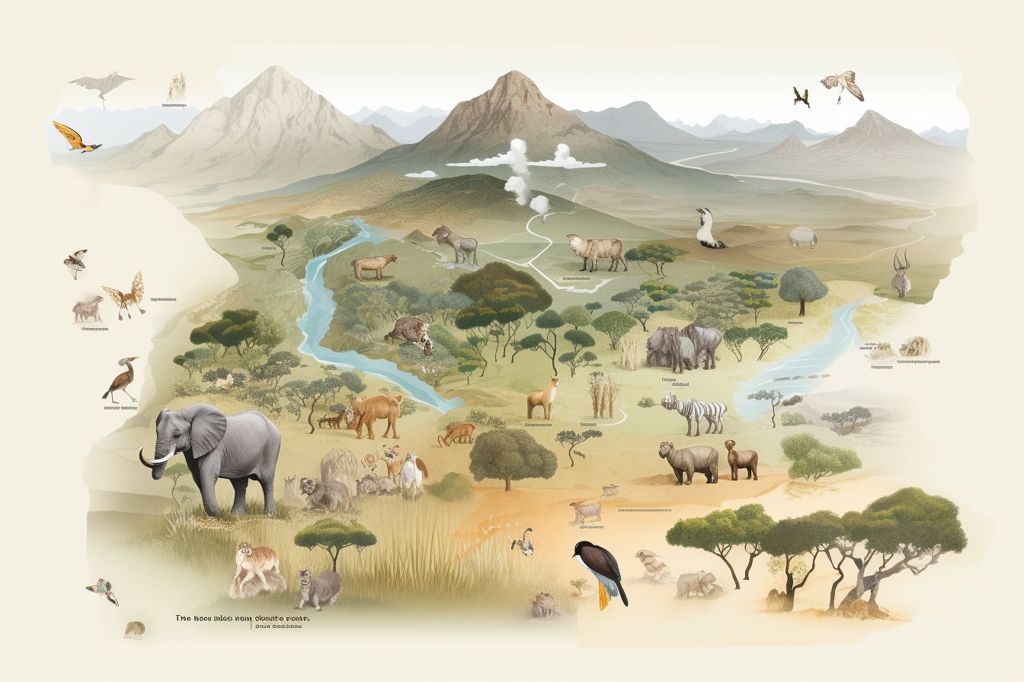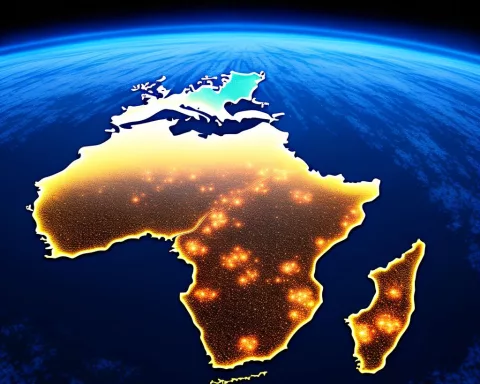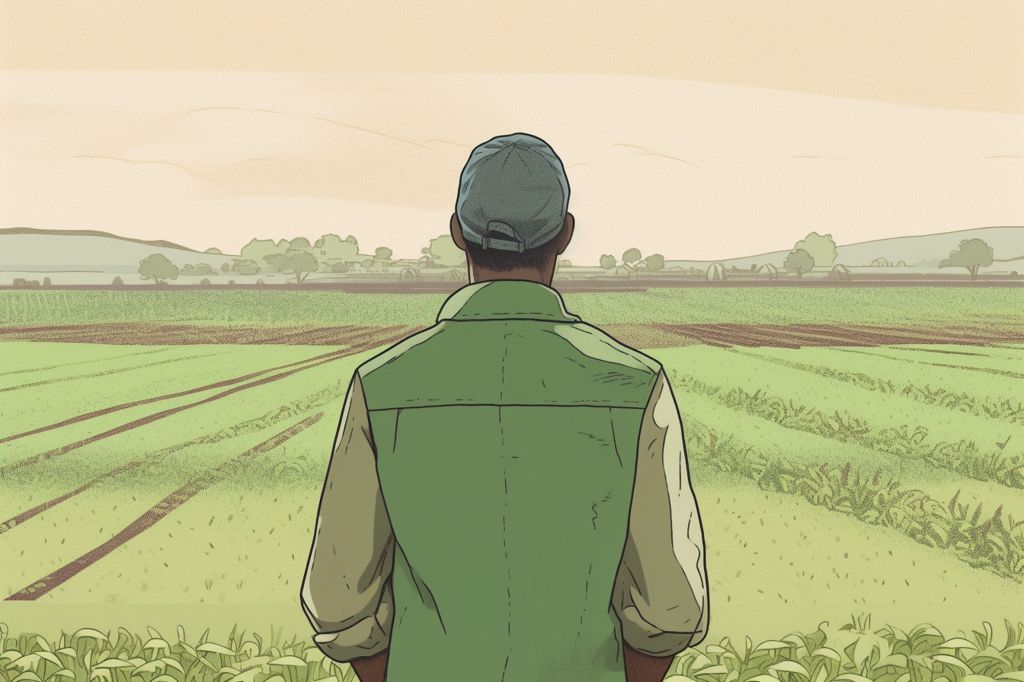South Africa is hosting the Fifth Global Conference on Biodiversity Finance in Cape Town, bringing together delegates from various parts of the world, including representatives from Brazil, Cambodia, Germany, and UNEP Executive Director Inger Andersen, to discuss crucial challenges and opportunities related to financing biodiversity conservation.
South Africa’s Rich Biodiversity
South Africa, one of the most biodiverse countries in the world, boasts three of the 36 recognized biodiversity hotspots and 29 official Ramsar sites, highlighting its rich species endemism. The country’s biodiversity not only holds national and cultural significance but also plays a vital role in driving economic prosperity through the sustainable use of plants and wildlife.
South Africa’s Sustainable Use Policy
To tap into the potential of biodiversity, South Africa’s government adopted the White Paper on the Sustainable Use of South Africa’s Biological Diversity in 2022. The policy outlines four strategic goals: conservation, sustainable use, equitable sharing of benefits, and transformation. It serves as the country’s strategy for implementing the Global Biodiversity Framework adopted in 2021.
Incentivizing Biodiversity Conservation
The Convention on Biological Diversity advocates incentivizing people to conserve and use biodiversity sustainably, and delegates at the conference aim to drive biodiversity conservation in different areas by exploring various instruments tailored to bioregional and social characteristics.
The Economic Importance of Biodiversity
The South African government and business sectors recognize the critical need for healthy ecosystems and biodiversity, as demonstrated by research valuing ecosystem services at 7% of the country’s GDP in 2022. Biodiversity underpins numerous economic activities, such as wildlife economy, ecotourism, natural resource management, biotrade, and research, employing approximately 400,000 people in 2014.
The Importance of Engaging Local Communities
The conference also emphasizes the importance of engaging local communities in the conservation process, as empowering them to manage and protect their natural resources can lead to more sustainable and effective conservation efforts.
Monitoring and Evaluation
The conference highlights the need for improved monitoring and evaluation of biodiversity finance initiatives to ensure their effectiveness and impact. By developing and implementing robust monitoring frameworks, countries can better track their progress toward biodiversity conservation goals and make informed decisions about future investments and strategies.
Addressing the Financial Gap
Funding for the biodiversity sector remains a massive challenge, with global estimates indicating a financial gap of USD 598 to 824 billion per year by 2030. In South Africa, the cost of implementing the National Biodiversity Strategy and Action Plan (NBSAP) reaches R63 billion over ten years, necessitating investment from both public and private sectors.
Innovative Solutions
As the conference progresses, Minister Barbara Creecy suggests considering leveraging biodiversity and climate change objectives to cross-subsidize conservation efforts, acknowledging the unique financial challenges faced by developing countries, and reevaluating global financial systems and multilateral development banks to implement debt-for-biodiversity swaps and payment for ecosystem services.
A Crucial Platform for Global Leaders
The Fifth Global Conference on Biodiversity Finance serves as a crucial platform for global leaders to come together to address the pressing challenges and opportunities related to biodiversity conservation. By fostering collaboration, promoting innovation, and sharing best practices, the conference aims to create a more sustainable and prosperous future for both people and the planet.











